'Making Peace with the Things in Your Life' - book
suz_natural
19 years ago
Related Stories

LIFEHow to Make Your House a Haven Without Changing a Thing
Hung up on 'perfect' aesthetics? You may be missing out on what gives a home real meaning
Full Story
LIFE11 Tiny Tricks That Make Life a Tad Better
Make these small tweaks to your home and daily routine, and life will be easier, less rushed and maybe healthier too
Full Story
ROOM OF THE DAYRoom of the Day: A Peaceful Library Serves as a Couple’s Retreat
Heirlooms, books and other meaningful items all have a place in this cozy Dallas room
Full Story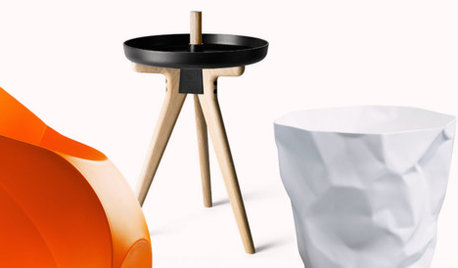
SHOP HOUZZHouzz Products: Innovative Things to Make You Say, ‘Wow’
Meet the problem solvers, the delightful finds and other models of great, creative design
Full Story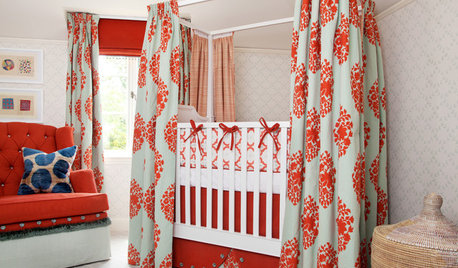
KIDS’ SPACES8 Tips for Peaceful Bedroom Sharing With Baby
Enjoy better sleep, neatness and enough space for everyone’s things with these shared-room strategies
Full Story
FEEL-GOOD HOMETap Into Your 5 Senses to Find More Peace at Home
Counteract screen overload and stress by rediscovering basic ways to enjoy life
Full Story
HOUZZ TOURSHouzz TV: A Sanctuary for Life and Work
Eclectic furnishings, books and art make this former blank box a very personal home, while the photography studio has its eye on business
Full Story
ROOM OF THE DAYRoom of the Day: Making Way for a New Life in Austin
With cancer behind her, a Texas homeowner gets rid of boxes and clutter in her living room too
Full Story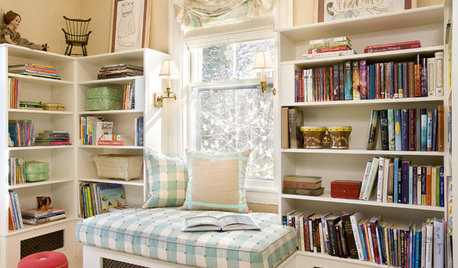
LIFEHouzz Call: What Makes Your House Feel Like Home?
Sometimes just one thing gives you that warm and fuzzy feeling. Let us know what it is for you
Full Story
FEEL-GOOD HOMESimple Pleasures: Make Do and Mend
Experience the satisfaction of fixing, repurposing and creating things yourself around the home
Full Story





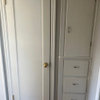
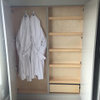

cupofkindness
cupofkindness
Related Professionals
Chantilly Custom Closet Designers · Galena Park Custom Closet Designers · La Grange Park Custom Closet Designers · Longmont Custom Closet Designers · Novato Custom Closet Designers · North Hollywood Custom Closet Designers · Ashwaubenon Interior Designers & Decorators · Ellicott City Home Builders · Harrisburg Home Builders · Superior Home Builders · West Whittier-Los Nietos Home Builders · Atwater Carpenters · Leominster Carpenters · Tacoma Carpenters · Evergreen Park Carpentersanrsaz
alicesRestaurant
Maura63
talley_sue_nyc
alicesRestaurant
talley_sue_nyc
suz_naturalOriginal Author
Maura63
marie26
mitchdesj
Shades_of_idaho
cupofkindness
cupofkindness
alicesRestaurant